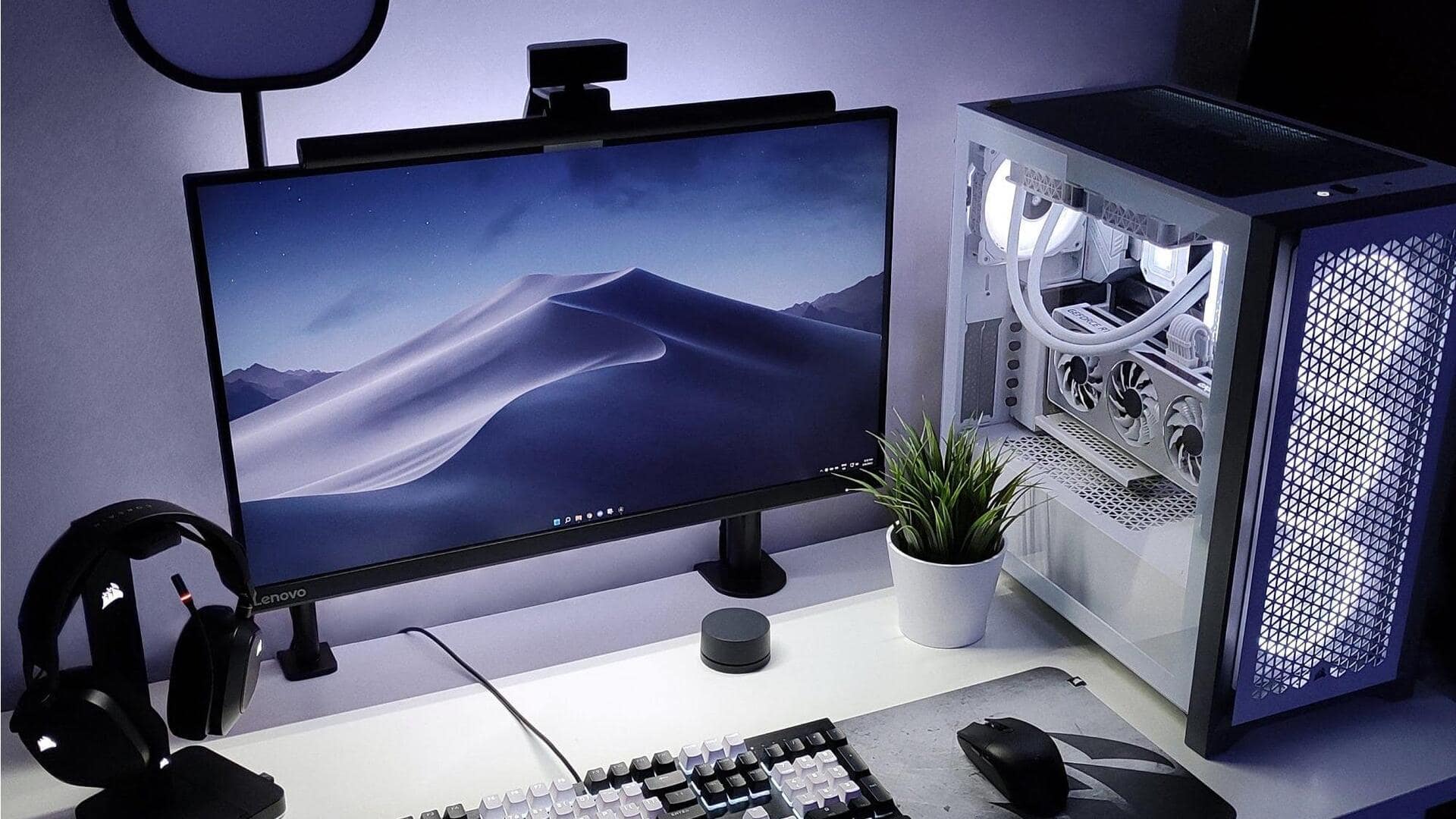
Memory chip shortage pushes PC build costs through the roof
What's the story
The ongoing AI boom has created a shortage of RAM and flash memory chips, resulting in skyrocketing prices for SSDs and memory. The situation is particularly dire for those looking to upgrade their gaming PCs with DDR5 RAM. Prices of certain RAM kits have more than tripled in just three months, making it an unfavorable time to build a new PC or replace an old motherboard requiring DDR5 RAM.
Price surge
RAM and storage prices have skyrocketed
The price of RAM and storage components has risen sharply over the past three months. For instance, a Patriot Viper Venom 16GB (2 x 8GB) DDR-6000 kit cost $49 in August but now costs $110. Similarly, a Silicon Power 16GB (2 x 8GB) DDR4-3200 kit now costs $89, up from its previous price of $34. The same trend is seen across other components as well.
Market impact
SSD and RAM prices affected by AI boom
The ongoing AI boom has led to a shortage of RAM and flash memory chips, causing prices for SSDs and memory to skyrocket. This is mainly due to panic buying from consumers and manufacturers alike. The price hikes affect both DDR4 and DDR5 RAM kits of all capacities, although higher-capacity kits seem to be more affected than others.
Supply challenges
Memory shortages and their long-term effects
Memory and storage shortages are particularly difficult to navigate. It can take years to increase capacity or build new factories. Manufacturers have to balance today's demand with supply levels determined years ago, which was a major issue during the pandemic-induced chip shortages of 2021-2022. If memory makers ramp up production now, a sudden drop in demand could lead to oversupply and lower prices for consumers but higher costs for manufacturers.
Manufacturer response
PC and phone manufacturers yet to hike prices
Despite the price hikes, PC and phone manufacturers have largely refrained from increasing prices. These companies buy components in bulk and usually do so in advance, which mitigates the short-term impact of price hikes. However, this could change as smaller companies like Framework may have to increase memory pricing soon due to supplier price increases.